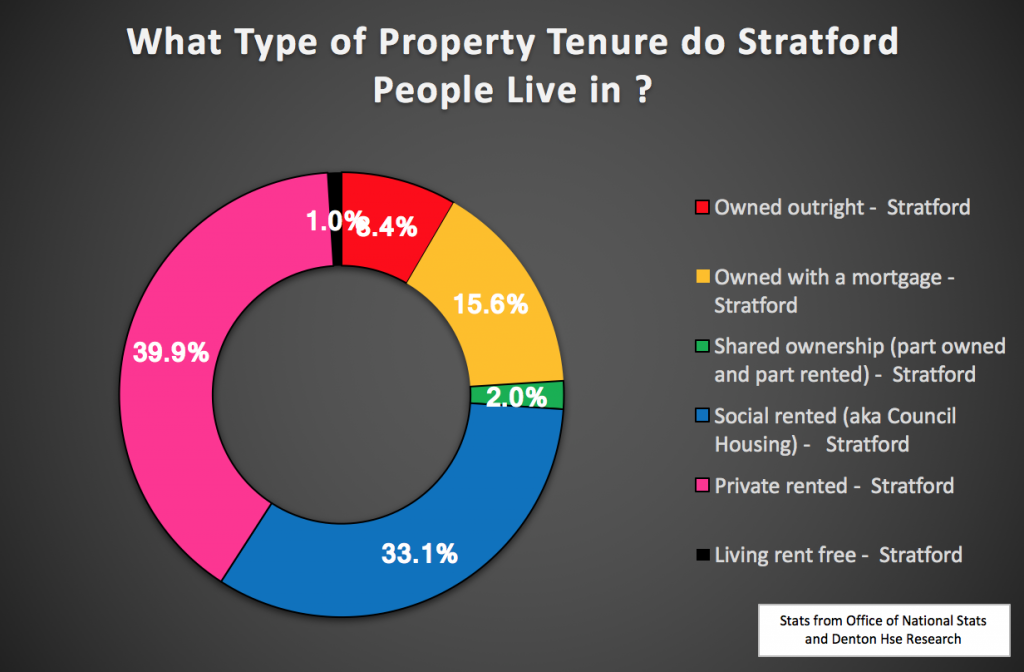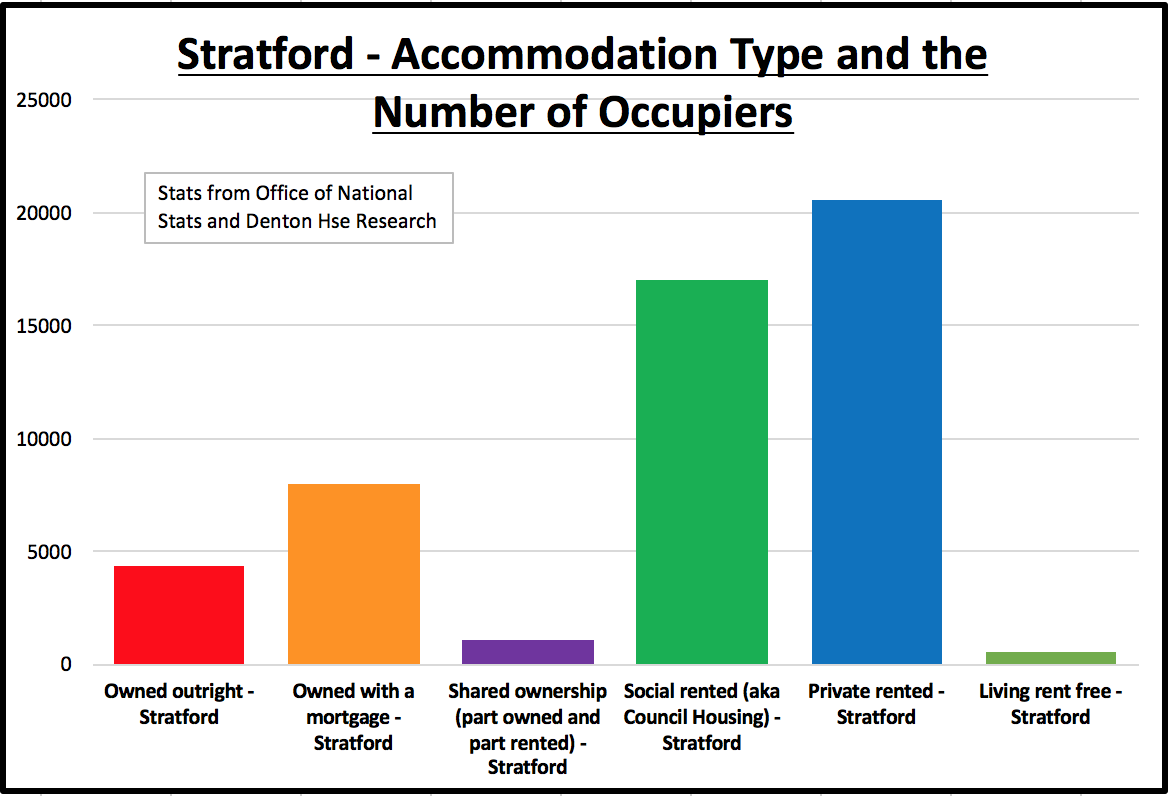
Victor Khatri, the Director of Victor Michael estate agents, has spoken out about the possible effects of Brexit, saying, “I don’t think the triggering of Article 50 will affect the property market directly from today. In one sense it removes the uncertainty surrounding when Britain’s withdrawal process from the EU will start, but in another way it will create economic uncertainty until we know what deals we will strike with EU and other commonwealth and non-commonwealth countries, America in particular.”

So what Brexit actually means for our country?
Mr Khatri continues: “Brexit will no doubt mean a turbulent two years for the London and UK market as we begin to hear what negotiations and proposed deals are being put forward for our exit out of Europe and the single market. I think we will see a continued slowdown or lethargic London market when it comes to sales volumes, and as we reported toward the end of last year, transaction volumes across London are already more than half of what they were before the 2008 crash. London has a significant part to play in businesses who trade and operate across Europe and the world, and a buoyant property market relies on the UK’s economic health. If Brexit negotiations go well this could cause further price growth as the economy grows and we see the nation’s confidence lifted, but equally, if a good deal isn’t reached then the international companies who operate here or look to relocate here might change their minds, reducing the number of residents who live in the capital and again further reducing the transaction levels, which could ultimately lead to price decreases (more supply then demand)”.
It’s therefore important that you make property decisions based on your personal situation and what you want to do, rather than gambling on how the market will play out. “Right now we may experience some uncertainty, but as the negotiations progress, we will regain some much needed stability into the housing market, as people realise that the effects of Brexit are not catastrophic and go on with their lives. We’ll hopefully see transaction levels increase as a result, which are currently dangerously low and affecting price growth across the capital. He continues, “Today’s events are likely to have a much more profound effect on foreign investment however, with the weakening pound expected to fuel demand from overseas buyers and investors.” Many are also speculating that today’s events will mean that the Bank of England will be hesitant to increase their interest rates, in spite of the recent inflation rises.
It will remain cheaper than ever to borrow and get onto the property ladder.







